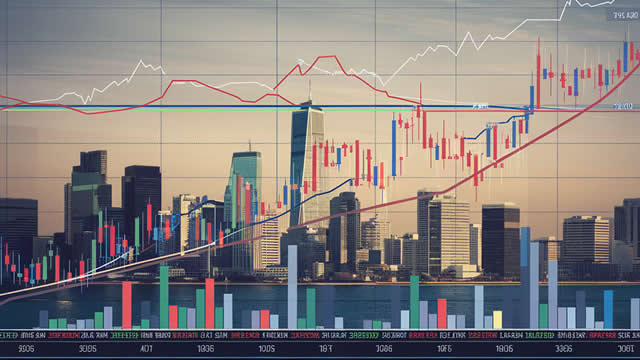Middle East Conflict Impacting Markets
Introduction
As we head into European trading, major currencies are holding steady while commodities are seeing significant fluctuations due to the ongoing violence in the Middle East. The Israel-Hamas conflict is intensifying, driving up prices of gold and oil as investors seek safe-haven assets. This week, gold is poised to break through key technical levels, while oil prices remain volatile.
Market Analysis
Despite the turmoil in the Middle East, stocks managed to recover from losses yesterday, indicating resilience in the market. However, the focus remains on rising Treasury yields, which continue to pose a threat to market stability. The uncertainty surrounding geopolitical tensions is keeping investors on edge, leading to cautious trading.
Impact on Individuals
For individual investors, the conflict in the Middle East could have implications for their investment portfolios. The spike in commodity prices could result in higher inflation, affecting purchasing power and overall financial stability. It is important for individuals to closely monitor market developments and consider diversifying their investments to mitigate risks.
Global Implications
On a global scale, the escalation of conflict in the Middle East can have far-reaching consequences. The disruption of oil supply chains could lead to higher energy prices, impacting economies worldwide. Moreover, heightened geopolitical tensions may increase market volatility and undermine investor confidence in the long term.
Conclusion
As the Israel-Hamas conflict continues to unfold, it is crucial for investors to stay informed and adapt their strategies accordingly. While major currencies may see minimal fluctuations, the impact on commodities and global markets is significant. By remaining vigilant and proactive, individuals and policymakers can navigate the challenges posed by geopolitical unrest and protect their financial interests.





